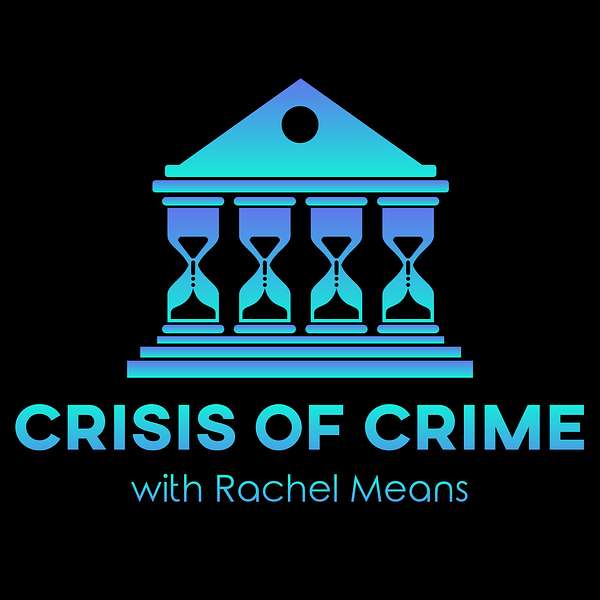
Crisis of Crime
Crisis of Crime aims to educate about criminology and criminal justice reform. Is our Criminal Justice System broken, or working as intended? I suppose it would depend on who you ask. Join me as I explore criminological theory as well as topics such as systemic racism, discrimination, and reforms.
Crisis of Crime
Abortion and Crime - Implications of SB8
•
Rachel Means
•
Season 4
•
Episode 2
The topic of abortion has been in the public eye recently, especially with Texas passing the Texas Heartbeat Bill (SB8). In this episode, I discuss the consequences of restricting abortion and what's at risk for Texas's future.
Website • YouTube • TikTok • Twitter • Patreon • Facebook
Sources for this episode:
- Donohue, J., Levitt, S. (2019). The Impact of Legalized Abortion on Crime Over the Last Two Decades. Becker Friedman Institute: University of Chicago. Retrieved from: https://bfi.uchicago.edu/wp-content/uploads/BFI_WP_201975.pdf
- Donohue III, J., Levitt, S. (2001). The Impact of Legalized Abortion on Crime. The Quarterly Journal of Economics, 116(2), 379-420.
- Tarmann, A. (2000). New Study Claims Abortion is Behind Decrease in Crime. PBR. Retrieved from: https://www.prb.org/resources/new-study-claims-abortion-is-behind-decrease-in-crime/
- DOJ. (2021) Justice Department Sues Texas over Senate Bill 8. The United States Department of Justice. Retrieved from: https://www.justice.gov/opa/pr/justice-department-sues-texas-over-senate-bill-8
- Texas Heartbeat Bill, S.B.8, 87th Cong. (2021). https://capitol.texas.gov/tlodocs/86R/billtext/pdf/HB01500I.pdf
- Rabin, R. (2021) Answers to Questions About the Texas Abortion Law. The New York Times. Retrieved from: https://www.nytimes.com/2021/09/01/health/texas-abortion-law-facts.html
- Jagannathan, M. (2019). Nearly half of women who have abortions live below the federal poverty level. MarketWatch. Retrieved from: https://www.marketwatch.com/story/nearly-half-of-women-who-have-abortions-live-below-in-the-federal-poverty-level-2019-05-17
- Levitt, D. (2004). Understanding Why Crime Fell in the 1990s: Four Factors that Explain the Decline and Six that Do Not . Journal of Economic Perspectives, 18 (1): 163-190. DOI: 10.1257/089533004773563485
- Summers, J. (2014). Rich Kid, Poor Kid: For 30 Years, Baltimore Study Tracked Who Gets Ahead. NPR. Retrieved from: https://www.npr.org/sections/ed/2014/08/07/335285098/rich-kid-poor-kid-for-30-years-baltimore-study-tracked-who-gets-ahead